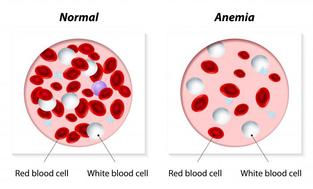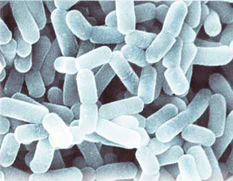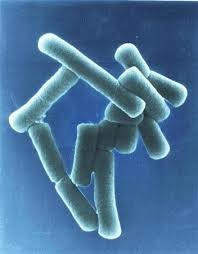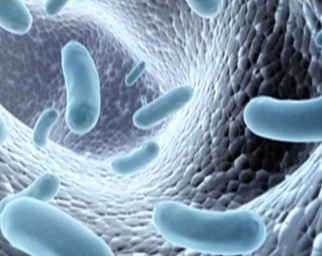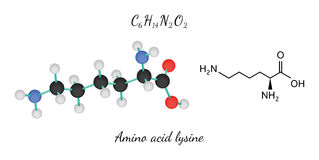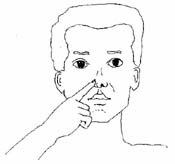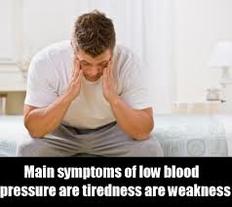
Blood pressure (the pressure of the blood in the circulatory system, related to the force and rate of the heartbeat and the diameter and elasticity of the arterial walls) varies from person to person. Generally a reading of 90 millimeters of mercury (mm Hg) or less systolic blood pressure or 60 mm Hg or less diastolic blood pressure is considered low blood pressure. The causes of low blood pressure can range from dehydration and fasting to serious medical or surgical disorders. As long as there are no other symptoms such as dizziness or lightheadedness, abnormally low heart rate (<50 unless an athlete) or breathing problems/allergic reactions, cold/pale skin, blurred vision, there is no need for concern.
